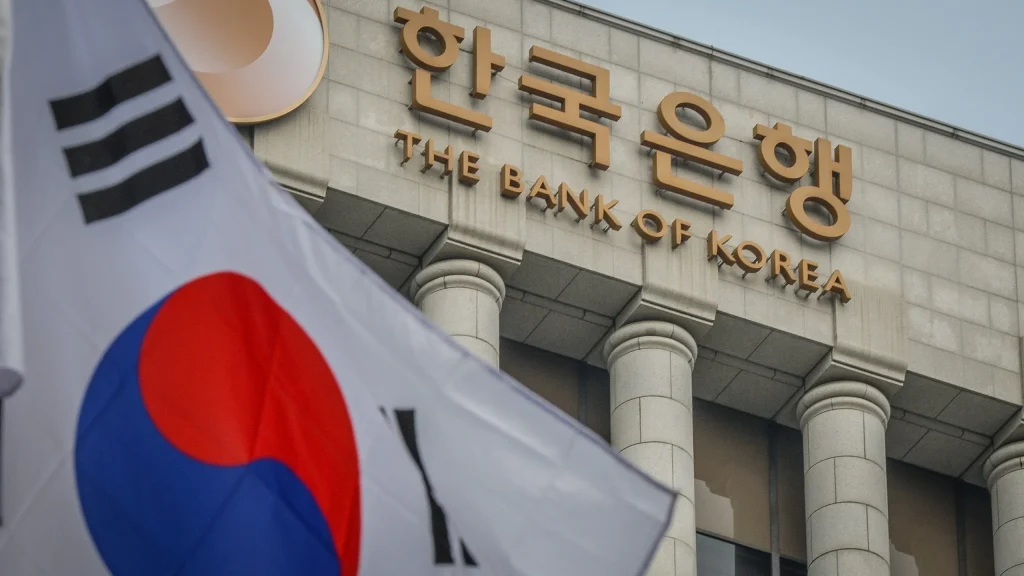The minutes from the meeting of April 12 showed that the majority of the seven board members of the Bank of Korea (BOK) believe that the need for monetary policy to remain restrictive in order to push inflation down to its 2% target will persist while supply-side uncertainty continues.
As expected, the South Korean central bank did not change the policy rate (KROCRT=ECI), which remained at 3.50%, a level not seen in 15 years. The bank also referred to the higher instability of inflation expectations and export strength, which is why it is seen that they are not going to cut interest rates soon.
Referring to the economic dynamics, the economy is expected to grow at its potential growth rate or higher, though financial conditions are easing, due to which there is no hurry to tighten monetary policies, a member of the board commented.
At the end of the year, the analysts forecast that the benchmark rate would be at 3.00% because of the 25 basis point cuts that Bank of Korea is expected to make in the third and fourth quarters.
The consumer price index (CPI) rose by 3.1% year-on-year in March, following a three-month decrease, which was in line with February and well above the bank’s target of 2%.
When a weak economy is also an issue, the Bank of Korea fears that increasing oil prices and more exports will revive inflation.
Another member added, “The stabilization of expected inflation should be given priority over everything else, and I think it would be necessary to continue contractionary policy measures until we are comfortable that the expected inflation has been stabilized enough to accommodate a certain level of supply shock.”.
The identities of board members are not mentioned in the minutes unless they disagree with the bank’s policies and decisions.


